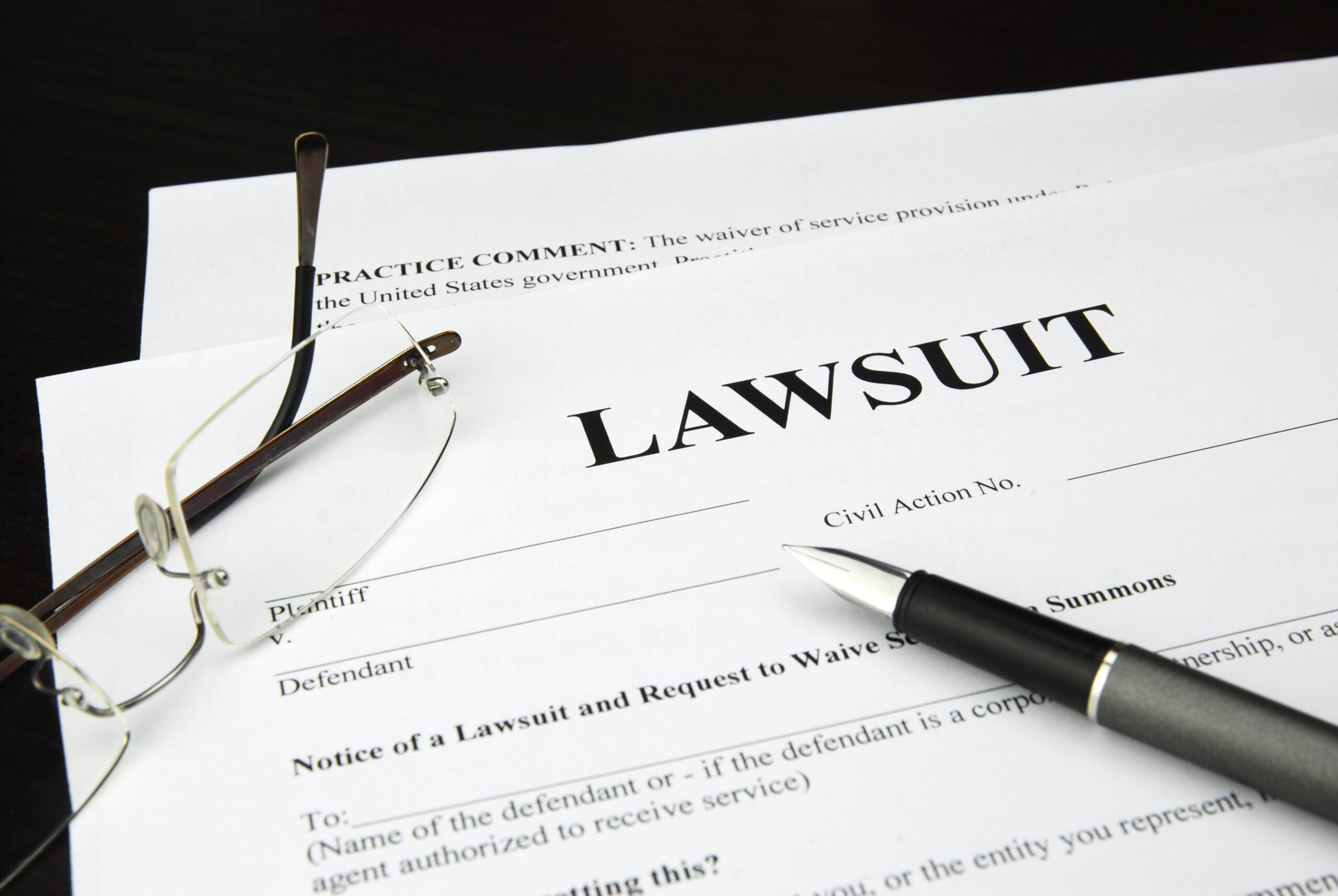You hear it all the time on television and in real life. Someone threatens to sue someone after an accident or incident of some kind. But what does it mean to sue someone?
The legal definition of the word sue is to use a legal process by which you try to get a court of law to force a person, company, or organization that has treated you unfairly or hurt you in some way to give you something or to do something.
More simply put, suing someone means to bring a lawsuit against them. In most cases a person will sue someone else in the hopes of receiving financial compensation from them. The legal system is designed to protect the rights of people and businesses. One of those rights is the right to sue someone who has wronged you in some way.
Types of Lawsuits
There are many different types of lawsuits that can be brought against a person or party, such as:
- Personal injury
- Breach of contract
- Product liability
- Property disputes
- Slander and libel
- Discrimination and harassment
- Malpractice
- Collection
What is a Collection Lawsuit?
One type of lawsuit that may be brought against a person is a collection lawsuit. When someone has accrued a debt and has not paid it back or made a reasonable effort to pay on the debt, the creditor or a collection agency may sue the debtor.
What to Do if You are Being Sued by a Creditor or Collection Agency
Have you received notice of a lawsuit being brought against you due to one or more debts that you owe? Collection lawsuits are quite common, but they should be taken very seriously. If you receive notice of a collection lawsuit against you, it is important to act quickly to prevent numerous negative consequences.
In the state of Texas you have at least two weeks from the date you are served papers to file an answer. The best thing to do is contact a debt relief attorney to help you file your answer. If you do not respond by the deadline, a default judgement may be issued against you by the court. A judgement can result in seizure of bank accounts, a lien placed against your property, and other financial consequences.
How Can I Be Sued By a Company I Have No Business With?
This is where collection lawsuits get tricky. Many people think they are being scammed or fail to take a collection lawsuit seriously because they don’t recognize the name of the company who is bringing the lawsuit. Here’s why.
When creditors do not receive payment on a debt for a significant period of time, they essentially give up on ever recovering that debt. The creditor will then sell their delinquent accounts to collection agencies for a flat fee or a percentage of the total amount of the debt. This way they receive some money back without having to waste time and resources attempting to collect on these debts.
The collection agency then files a lawsuit against the debtor in an attempt to collect on the debt. They are often successful at recovering funds by convincing the debtor to make payments or by getting a judgement against the debtor resulting in seizure of funds. This is how collections agencies make a profit.
How Can a Debt Defense Attorney Help Me?
If you’ve been served with a collection lawsuit, working with a lawyer can help you in many ways. The first is by helping you file your answer to avoid a judgement. Next, an attorney will review your case and build a defense based on a few different potential loopholes:
- Identity. If the collection agency cannot prove that you were the one who accrued the debt, or if you have proof that the debt was accrued due to identity theft, the case may be dismissed.
- Amount. If the collection agency cannot provide an accurate amount of the debt, the case may be dismissed.
- Lack of documentation. If the collection agency cannot provide the original contract or other necessary documentation proving that you are responsible for the debt, the case may be dismissed.
- Statute of limitations. If the collection agency has surpassed the statute of limitations for attempting to collect on the debt, the case may be dismissed. In Texas the statute of limitations is 4 years past the date of default.
- Bankruptcy. If you previously filed bankruptcy and the debt was discharged as a part of the bankruptcy, the case may be dismissed.
These defenses are often possible because collection agencies do not always receive the documentation to accompany the accounts they purchase from creditors. In some cases it is merely overlooked, and in other cases the creditor will charge the collection agencies more to include this documentation, which may deter them.
Benjamin Trotter, Attorney at Law, P.C. Can Help You Fight a Collection Lawsuit
If you’ve been served with a collection lawsuit, contact Benjamin Trotter as soon as possible. We can help you avoid a judgement and build a defense that could potentially get the lawsuit dismissed and your debt permanently eliminated. Let us fight the collectors on your behalf and help ease your financial burdens.
Don’t wait. Call (210) 468-1008 or contact us today to schedule a consultation. We will act quickly to help you avoid negative financial consequences.






